Esmaeil Delfaraz
Hole Detection and Healing in Hybrid Sensor Networks
Jun 20, 2021



Abstract:Although monitoring and covering are fundamental goals of a wireless sensor network (WSN), the accidental death of sensors or the running out of their energy would result in holes in the WSN. Such holes have the potential to disrupt the primary functions of WSNs. This paper investigates the hole detection and healing problems in hybrid WSNs with non-identical sensor sensing ranges. In particular, we aim to propose centralized algorithms for detecting holes in a given region and maximizing the area covered by a WSN in the presence of environmental obstacles. To precisely identify the boundary of the holes, we use an additively weighted Voronoi diagram and a polynomial-time algorithm.Furthermore, since this problem is known to be computationally difficult, we propose a centralized greedy 1/2-approximation algorithm to maximize the area covered by sensors. Finally, we implement the algorithms and run simulations to show that our approximation algorithm efficiently covers the holes by moving the mobile sensors.
Computation and Bribery of Voting Power in Delegative Simple Games
Apr 08, 2021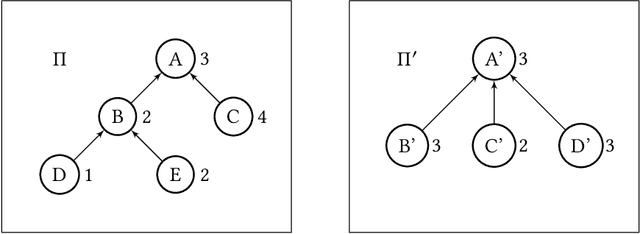
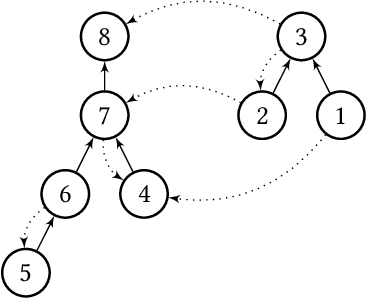
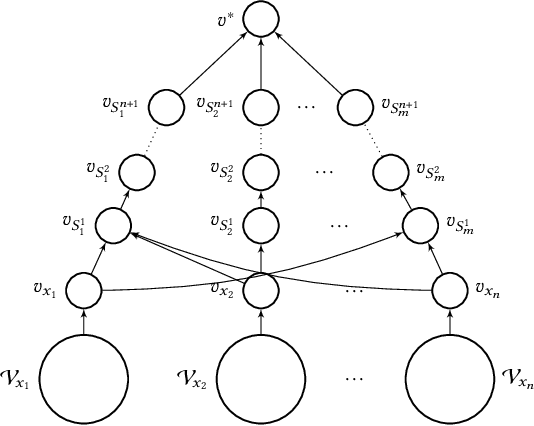

Abstract:Weighted voting games is one of the most important classes of cooperative games. Recently, Zhang and Grossi [53] proposed a variant of this class, called delegative simple games, which is well suited to analyse the relative importance of each voter in liquid democracy elections. Moreover, they defined a power index, called the delagative Banzhaf index to compute the importance of each agent (i.e., both voters and delegators) in a delegation graph based on two key parameters: the total voting weight she has accumulated and the structure of supports she receives from her delegators. We obtain several results related to delegative simple games. We first propose a pseudo-polynomial time algorithm to compute the delegative Banzhaf and Shapley-Shubik values in delegative simple games. We then investigate a bribery problem where the goal is to maximize/minimize the voting power/weight of a given voter in a delegation graph by changing at most a fixed number of delegations. We show that the problems of minimizing/maximizing a voter's power index value are strongly NP-hard. Furthermore, we prove that having a better approximation guarantee than $1-1/e$ to maximize the voting weight of a voter is not possible, unless $P = NP$, then we provide some parameterized complexity results for this problem. Finally, we show that finding a delegation graph with a given number of gurus that maximizes the minimum power index value an agent can have is a computationally hard problem.
When Can Liquid Democracy Unveil the Truth?
Apr 05, 2021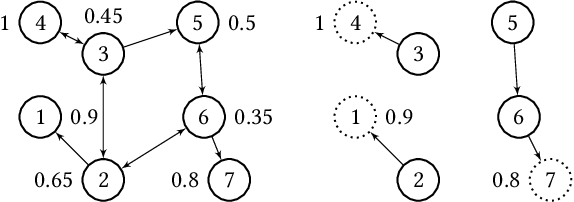
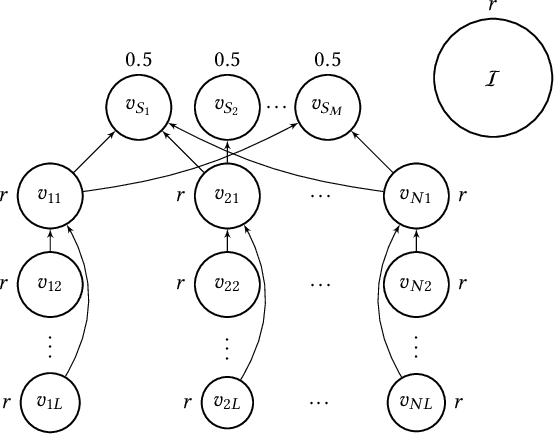
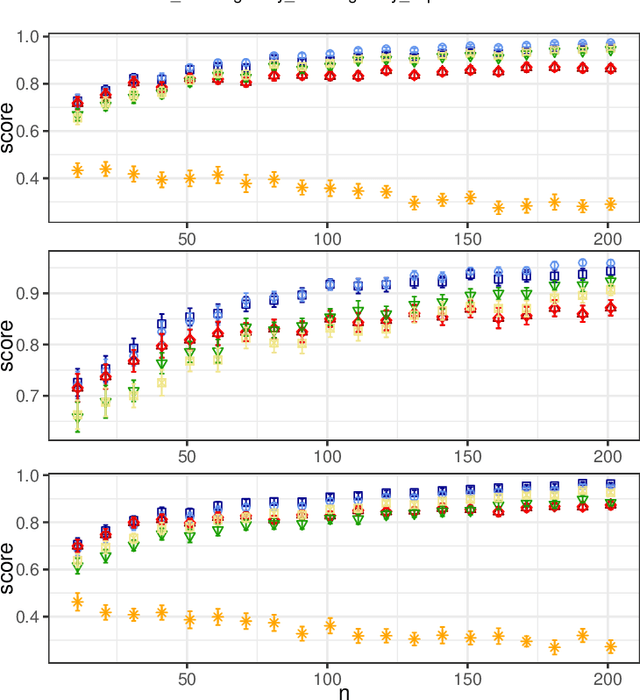
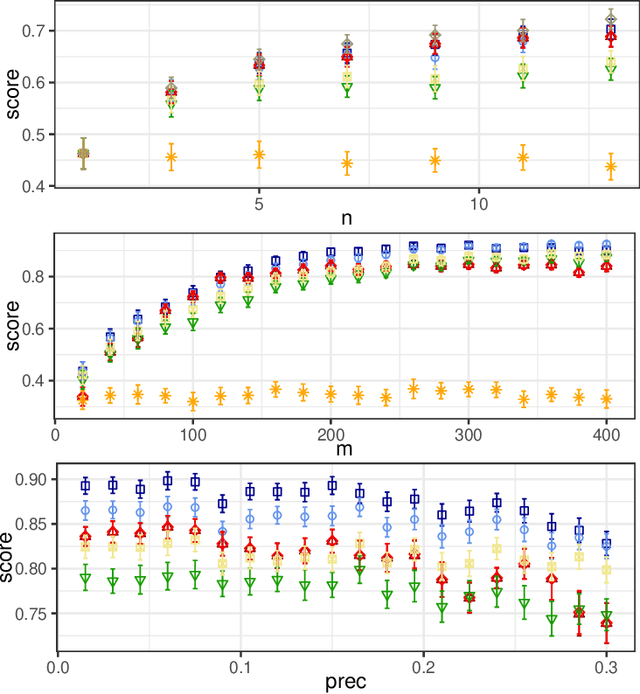
Abstract:In this paper, we investigate the so-called ODP-problem that has been formulated by Caragiannis and Micha [10]. Here, we are in a setting with two election alternatives out of which one is assumed to be correct. In ODP, the goal is to organise the delegations in the social network in order to maximize the probability that the correct alternative, referred to as ground truth, is elected. While the problem is known to be computationally hard, we strengthen existing hardness results by providing a novel strong approximation hardness result: For any positive constant $C$, we prove that, unless $P=NP$, there is no polynomial-time algorithm for ODP that achieves an approximation guarantee of $\alpha \ge (\ln n)^{-C}$, where $n$ is the number of voters. The reduction designed for this result uses poorly connected social networks in which some voters suffer from misinformation. Interestingly, under some hypothesis on either the accuracies of voters or the connectivity of the network, we obtain a polynomial-time $1/2$-approximation algorithm. This observation proves formally that the connectivity of the social network is a key feature for the efficiency of the liquid democracy paradigm. Lastly, we run extensive simulations and observe that simple algorithms (working either in a centralized or decentralized way) outperform direct democracy on a large class of instances. Overall, our contributions yield new insights on the question in which situations liquid democracy can be beneficial.
 Add to Chrome
Add to Chrome Add to Firefox
Add to Firefox Add to Edge
Add to Edge